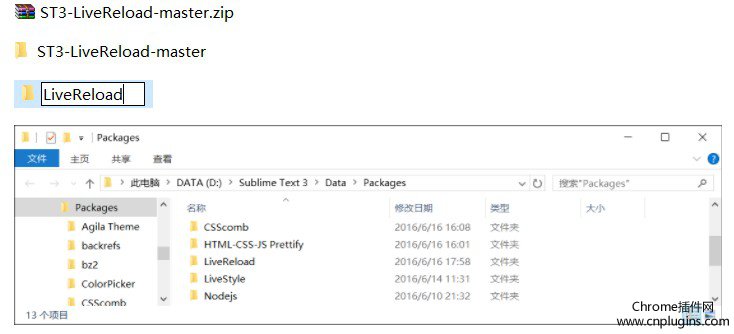
- #LIVERELOAD CHROME CHANGE PORT HOW TO#
- #LIVERELOAD CHROME CHANGE PORT INSTALL#
- #LIVERELOAD CHROME CHANGE PORT CODE#
- #LIVERELOAD CHROME CHANGE PORT FREE#
- #LIVERELOAD CHROME CHANGE PORT MAC#
LiveReloadServer.watch(path. open livereload high port and start to watch public directory for changesĬonst liveReloadServer = livereload.createServer() Set up Express to both start livereload anycodings_express server watching the public directory and anycodings_express ping the browser during nodemon-induced anycodings_express restart: const livereload = require("livereload") Ĭonst connectLivereload = require("connect-livereload")

You can livereload both front and anycodings_express backend changes to the browser with anycodings_express 'livereload', 'connect-livereload', and anycodings_express 'nodemon' packages. 3001 anycodings_express will be used as proxy. When running gulp in terminal, it will anycodings_express start watching server as well as anycodings_express refreshing browser on change in any anycodings_express files.Īlthough we specify port 3001 in express anycodings_express server, our app will be working on port anycodings_express 3002, as we write in browser-sync. Gulp.watch().on("change", browserSync.reload) ReloadDelay: 1000 //Important, otherwise syncing will not work So, dependencies from package.json to anycodings_express make it work: "devDependencies":, //UI, can be any port For this I use browser anycodings_express sync. But nodemon cannot refresh anycodings_express browser page.

Nodemon anycodings_express can see when changes occur in any types anycodings_express of files. For anycodings_express server watching I use nodemon. Filters is evaluated like an rsync.Restarting server is one thing, anycodings_express refreshing browser is another thing. type property should be either 'include' or 'exclude'. must be specified.įilter options should be an array of object which has type and pattern property. Return a local file if it exists (proxy mode only).Įnable proxy server mode.
#LIVERELOAD CHROME CHANGE PORT INSTALL#
At first we need to install gulp-livereload plugin to able to use it our project. NameĬhange wait port (static mode or proxy mode only). Unfortunately, livereload is not a built in functionality in gulp, but there is a plugin that helps integrating it. On the previous example, we initialized the LiveReloadX task with static and dir properties. exports = function ( grunt ) įor a more complex example, see Gruntfile.js of this site Setting Grunt Task
#LIVERELOAD CHROME CHANGE PORT HOW TO#

Type livereloadx path/to/dir on your command line, then LiveReloadX starts:.
#LIVERELOAD CHROME CHANGE PORT CODE#

#LIVERELOAD CHROME CHANGE PORT FREE#
#LIVERELOAD CHROME CHANGE PORT MAC#


 0 kommentar(er)
0 kommentar(er)
